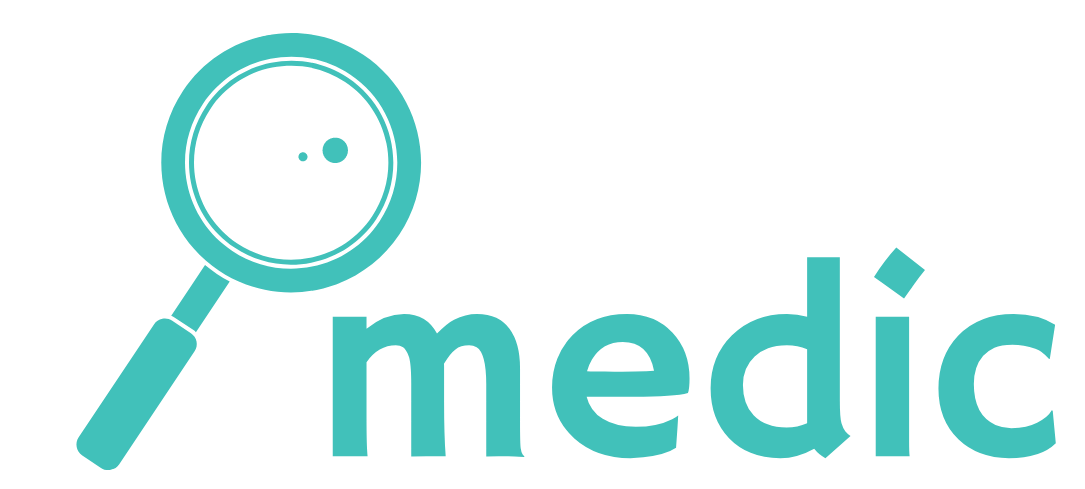Active Listening for Conflict Prevention and Transformation
Why this workshop?
“Many people listen, but few actually hear.” – Harvey Mackay
The amount of information exchanged, shared, and received on a day-to-day basis by any given individual or team is often overwhelming and confusing. Particularly in workplace settings, where people with diverse cultural backgrounds, different communication styles, and personalities interact with each other from various positions of power, the ability to listen to what another person is saying and respond appropriately becomes an essential conflict management skill. While active listening can be helpful in most conversations, it is especially helpful in difficult or uncomfortable conversations where there is high potential for misunderstanding and/or escalation. Active listening is a key component of effective communication, helping people establish a foundation of trust and understanding that can help prevent or de-escalate conflicts. Being a good active listener often makes the difference between a conflict being constructively transformed or spiralling down into destructive patterns.
What we aim to achieve.
By the end of this workshop, participants will be able to:
Discuss what active listening is and why it is important
Understand the critical difference between active and passive listening behaviours
Identify reasons why we can fail to listen effectively
Identify some of the most common listening sins
Employ strategies that will help them become better listeners
Use active listening to prevent and defuse tense situations
Who is it for?
High-level managers who want to become better negotiators and influence people.
Team leaders and line managers who want to learn active listening techniques in order to create a better rapport with their team members and understand what motivates them.
HR departments in charge of running interviews in order to find the best person for a job or address workplace disputes.
Team members who want to improve the way they cooperate, improve productivity and reduce or find better solutions to conflict
Anyone who would like to improve their social and communication skills.
What we will cover.
What active listening is and isn’t
Importance of active listening
Barriers to effective listening
Using active listening to build trust and key (business) relationships
Using active listening to de-escalate conflict and misunderstanding
Components of active listening
Active listening techniques
Verbal and non-verbal cues to show active listening
Body language for active listening
Ways to ask for clarification and show understanding
Managing challenging conversations
Practical application throughout the workshop
Duration:
1/2 to 1 Day
Workshop contents may vary based on duration.
